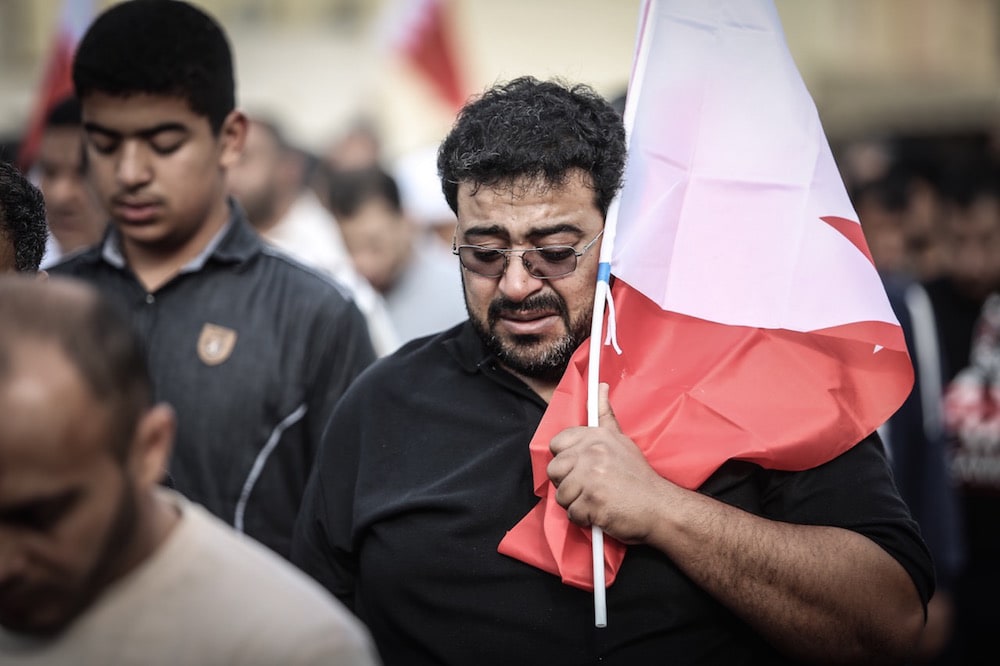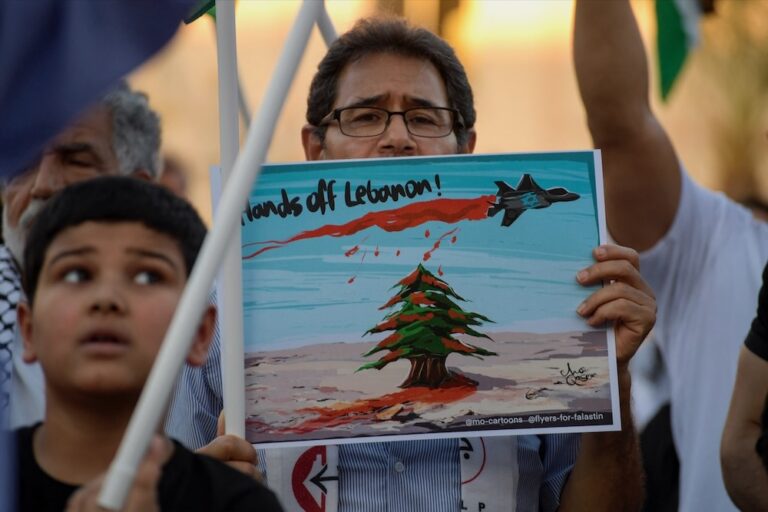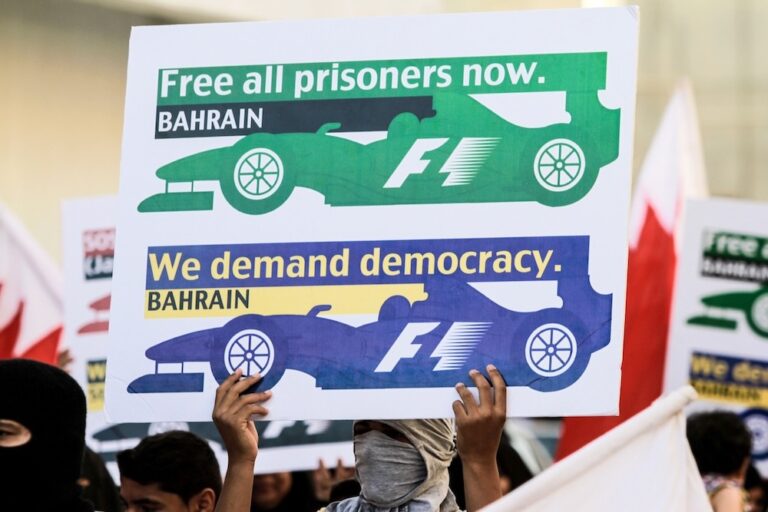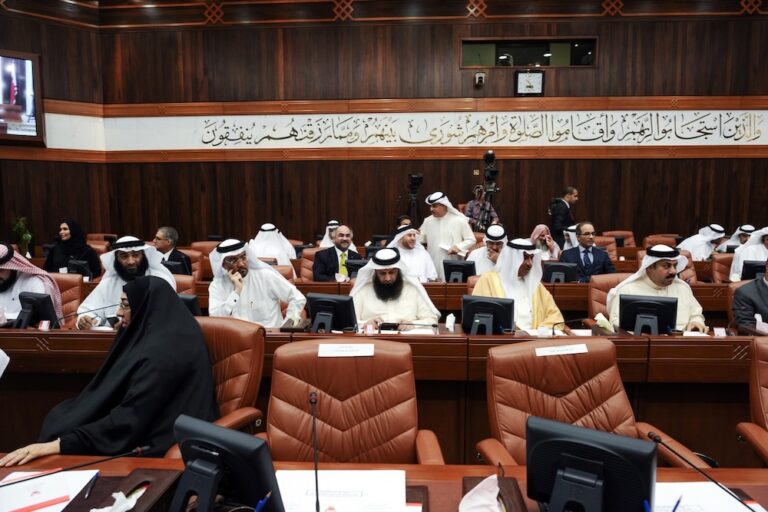An ongoing outbreak of Covid-19 in Bahrain's prisons has underscored the urgent need to release all of the country's political prisoners.
This statement was originally published on gc4hr.org on 19 April 2021.
While welcoming the release of some prisoners of conscience in Bahrain as Ramadan begins, the Gulf Centre for Human Rights (GCHR) calls on the authorities to release all human rights defenders, activists and protesters who are in prison in violation of their rights to freedom of expression and assembly.
On 9 April 2021, human rights defender Mohammed Hassan Jawad (Parweez) was released after spending ten years in Jau prison. He was arrested on 22 March 2011 and sentenced to 15 years in prison. He is the oldest among a group of prisoners known as the “Bahrain 13”, including human rights defenders Abdulhadi Al-Khawaja and Dr. Abduljalil Al-Singace.
Other prisoners, including young men who have not seen their families in many years, were released, bringing joy to their families. However, other family members – mostly mothers – continue to protest in the streets, calling for their sons to be freed amid the spread of Covid-19 in prisons. On 25 March 2021, Bahraini authorities said there were Covid-19 cases in Jau prison but claimed they had been isolated. Protests by families who received word that the virus had spread in Jau prison continued across Bahrain into April 2021.
Among those reportedly infected is Sayed Nizar Alwadaei, the brother-in-law of Sayed Ahmed Alwadaei, head of advocacy for the Bahrain Institute for Rights and Democracy (BIRD). His family reported that dozens of other prisoners had Covid-19.
The news of the spread of Covid-19 comes amid ongoing concerns about the poor conditions in Bahraini prisons, and lack of medical treatment for prisoners, including human rights defenders and other prisoners of conscience, some of whom suffer from the effects of torture.
On 6 April 2021, the family of prisoner of conscience Abbas Malallah found out that he had died in Jau prison due to medical negligence. While only 40, Malallah reportedly died of a heart attack, although he suffered from other diseases and health problems due to torture, for which he received no treatment.
In a joint letter to the UN and member states, over 35 NGOs including GCHR and CIVICUS, appealed for help to free Abdul-Hadi Al-Khawaja on his 60th Birthday and the 10th anniversary of his detention. Al-Khawaja is a founding director of GCHR and former President and founder of the Bahrain Center for Human Rights (BCHR).
His daughter Zaynab Al-Khawaja wrote a poignant op-ed about the anniversary and what her father has been experiencing in prison, where he has been deprived of books and reading materials. “In these past 10 years, they have come up with new ways to torment him. Prisoners have nothing, so the prison administration grants them certain requests only to then take them away. The regime wants prisoners to suffer beyond the prison term and the torture,” she wrote. She also appears in a video organised by Front Line Defenders, featuring many of his family, friends and colleagues, including Khalid Ibrahim, GCHR’s Executive Director, who wished Abdul-Hadi happy birthday.
On 17 March 2021, GCHR in co-operation with human rights partners released a report detailing some of the ill-treatment and torture Al-Khawaja has faced during his arrest and subsequent arbitrary detention. In January 2021, over 100 NGOs appealed to the Danish government to help free Al-Khawaja so he could travel to Denmark for treatment.
On 11 March 2021, the European Parliament voted overwhelmingly to adopt an urgent resolution condemning human rights abuses in Bahrain. The resolution calls for the release of Al-Khawaja, Naji Fateel, Abdulwahab Hussain, Ali Hajee, Sheikh Ali Salman and Hassan Mushaima, “who have been detained and sentenced for merely exercising their right to freedom of expression.”
GCHR calls on the UN, the European Parliament and member states to continue to press the Bahrain authorities to release all prisoners of conscience, along with all prisoners who pose no threat to the public, especially as Covid-19 spreads in prison. In the spirit of Ramadan, the Bahrain authorities should release all those who are imprisoned in violation of their rights to freedom of expression and assembly.



